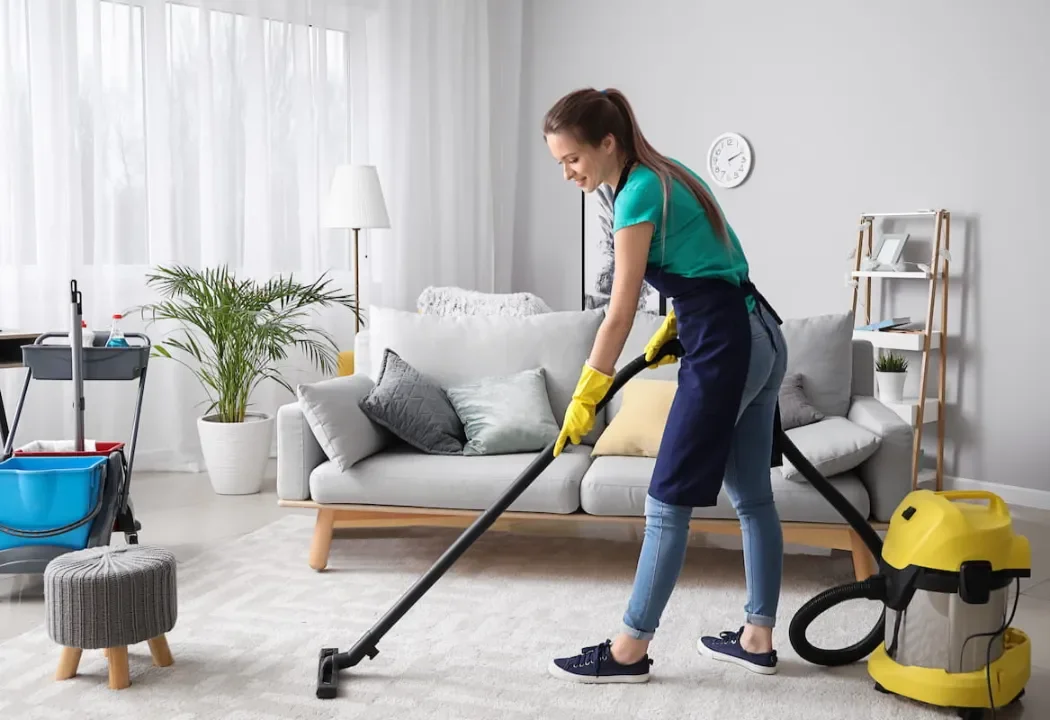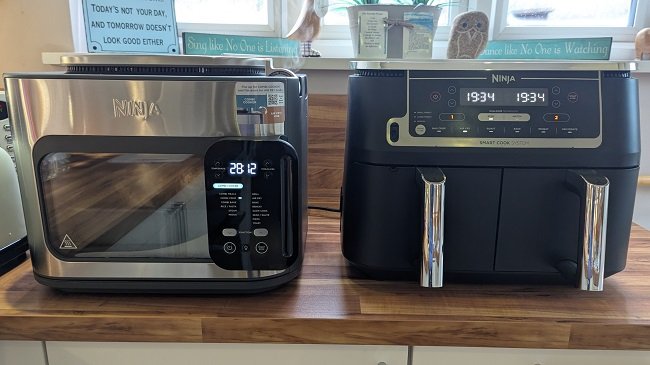Sleep
A cursory Google search on the subject of sleep will instantly regale you with a wealth of trivia on the subject. 12% of people dream entirely in black and white. Two thirds of a cat's life is spent asleep. A giraffe only needs 1.9 hours of sleep a day, whereas a brown bat needs 19.9 hours a day. Humans spend 1/3 of their life sleeping. The record for the longest period without sleep is 11 days. Trivia aside, sleep is an important function for both the mind and body. It has multiple restorative benefits and is essential to a person’s wellbeing. Furthermore, most people’s relationship with sleep changes over the course of their life. Often as children, we resent sleep. I still do to a degree. It does seem a waste of valuable time. Conversely, as we get older the virtue of a good night’s sleep becomes something to embrace and even enjoy. And by the time we reach our dotage sleep often becomes a leading factor in life, bordering on a default position. However, whatever your thoughts on sleep, the moment you have difficulties with it, you have a serious problem.
Until fairly recently, I’ve had increasingly poor-quality periods of sleep. There were multiple reasons for this, including me staying up too late, too much light coming into the bedroom and the fact that the bed was over a decade old. The mattress was far from comfortable. I would go to bed between 1:00 and 2:00 AM and then struggle to settle and sleep. Outside activity in the street, such as people leaving for work would further disturb me. I live in a bungalow and the bedrooms are in the front of the property. So back in January 2019, a new bed was bought during the sales. As both the bed frame and mattress from Hypnos were made to order, we had to wait a month before they were delivered. However, upon arrival, the new mattress and base had a transformative effect upon the quality of my sleep. Also the curtains in the bedroom were replaced with ones with a heavier blackout lining, which not only cut out ambient light but reduced noise.
Hence over the last two years the quality of my sleep has improved greatly. I now own a Huawei Smartband which monitors a wealth of bodily metrics including sleep. I can’t vouch for the veracity of the number it assigns as a sleep rating but it shows a consistently high number within its own scale. I broadly take this to be a good sign. Certainly, until I caught COVID-19, my sleep patterns have proven stable and refreshing. Now I have a tendency to still awake feeling tired. However, this is more to do with my wider health which is currently being investigated and not in any way a reflection upon my sleep pattern. I have also started going to bed a little earlier, usually about midnight and aim for a solid 7 hours sleep. I find that making an early start at around 7:30 AM is good for my productivity. I certainly find writing first thing in the morning a lot easier than late at night.
Although the importance of a suitable bed for a good night’s sleep should not be understated, there are other factors that also should be considered. Light and noise levels, I’ve mentioned already. Ventilation and temperature are two others. Hydration is a consideration as well. Though you should not drink too much beforehand for obvious reasons. Going to bed when one is ready is another point to consider. Sometimes it is important to unwind and decompress before turning in, especially if you’ve been mentally engaged prior to this. A little light reading helps some or a phone game. All these factors can be controlled to a degree and you need to find what is right for you. However, there are some aspects that you cannot manage as well. The biggest being sharing a bed with another person. Differing sleep habits and patterns can be a major bone of contention but that is a completely separate blog post. For a good night’s sleep, focus upon what you can change and then do so. You won’t regret it.




























